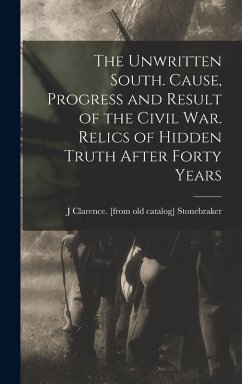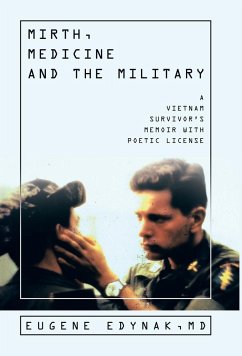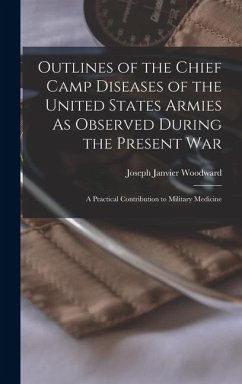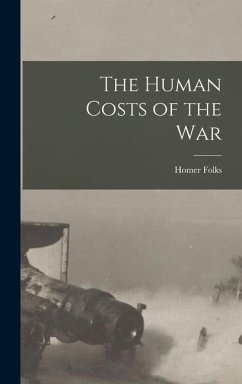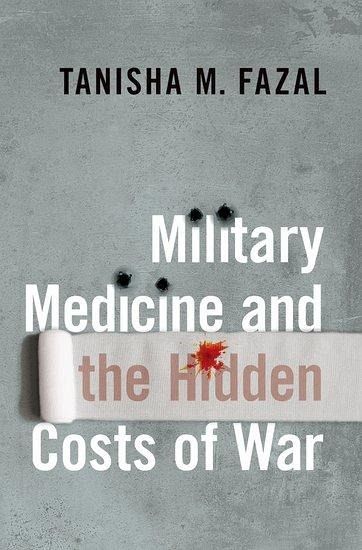
Military Medicine and the Hidden Costs of War
Versandkostenfrei!
Versandfertig in über 4 Wochen
31,99 €
inkl. MwSt.
Weitere Ausgaben:

PAYBACK Punkte
16 °P sammeln!
In Military Medicine and the Hidden Costs of War, the distinguished political scientist Tanisha M. Fazal covers the full range of American wars from the Civil War to War on Terror. A rich and engrossing account of the advances in military medicine, the book shows that over time there has been a steep increase in the wounded-to-killed ratio. That has had a major impact on the actual costs of US wars--as more soldiers survive, health care costs dramatically rise, making the costs of war much greater than politicians say they are. Yet the public is unaware of these long-term costs, which contribu...
In Military Medicine and the Hidden Costs of War, the distinguished political scientist Tanisha M. Fazal covers the full range of American wars from the Civil War to War on Terror. A rich and engrossing account of the advances in military medicine, the book shows that over time there has been a steep increase in the wounded-to-killed ratio. That has had a major impact on the actual costs of US wars--as more soldiers survive, health care costs dramatically rise, making the costs of war much greater than politicians say they are. Yet the public is unaware of these long-term costs, which contributes to America's penchant for engaging in so-called "endless wars." All told, this is both a powerful history of American wars through the lens of injury and medicine and also a necessary corrective for how we understand the costs of war.




